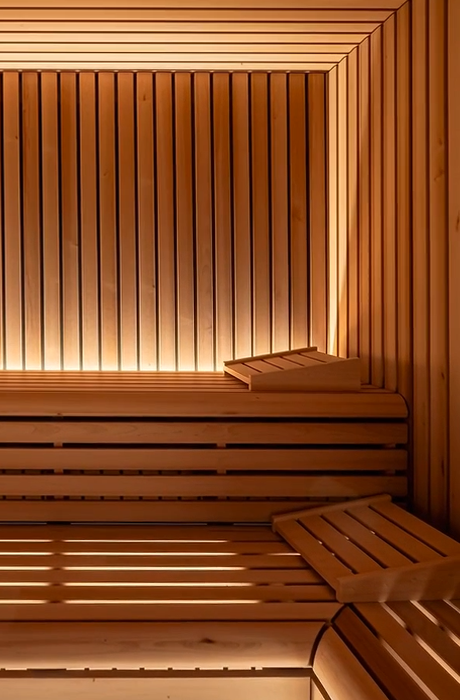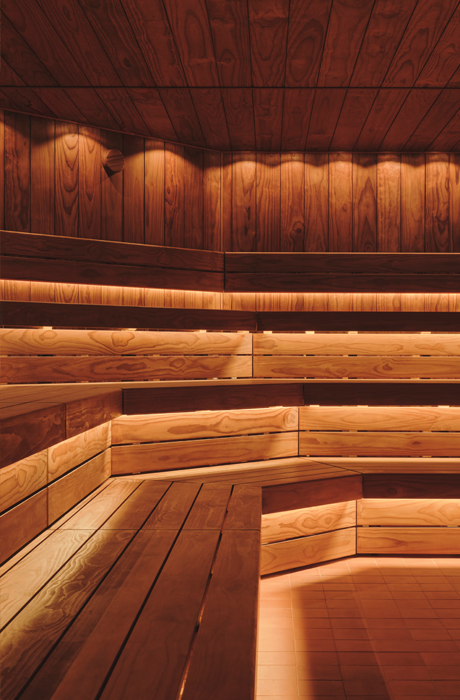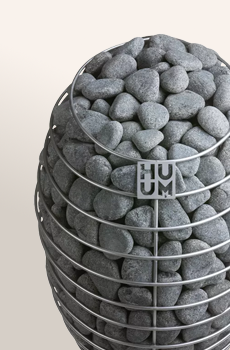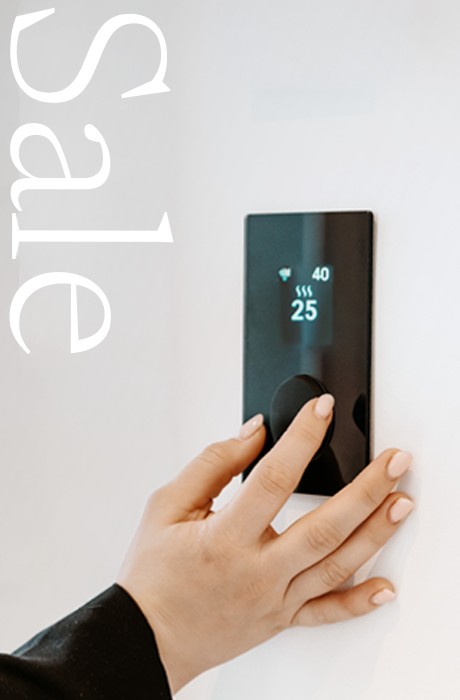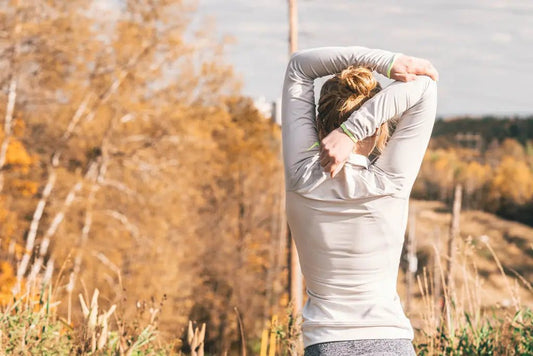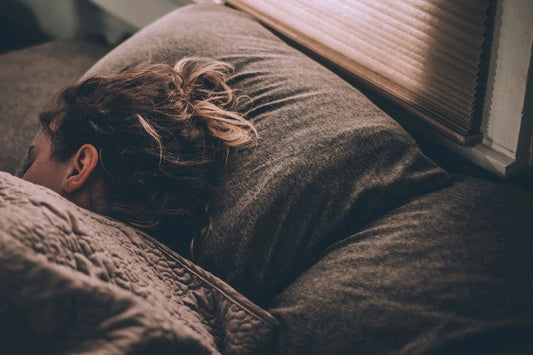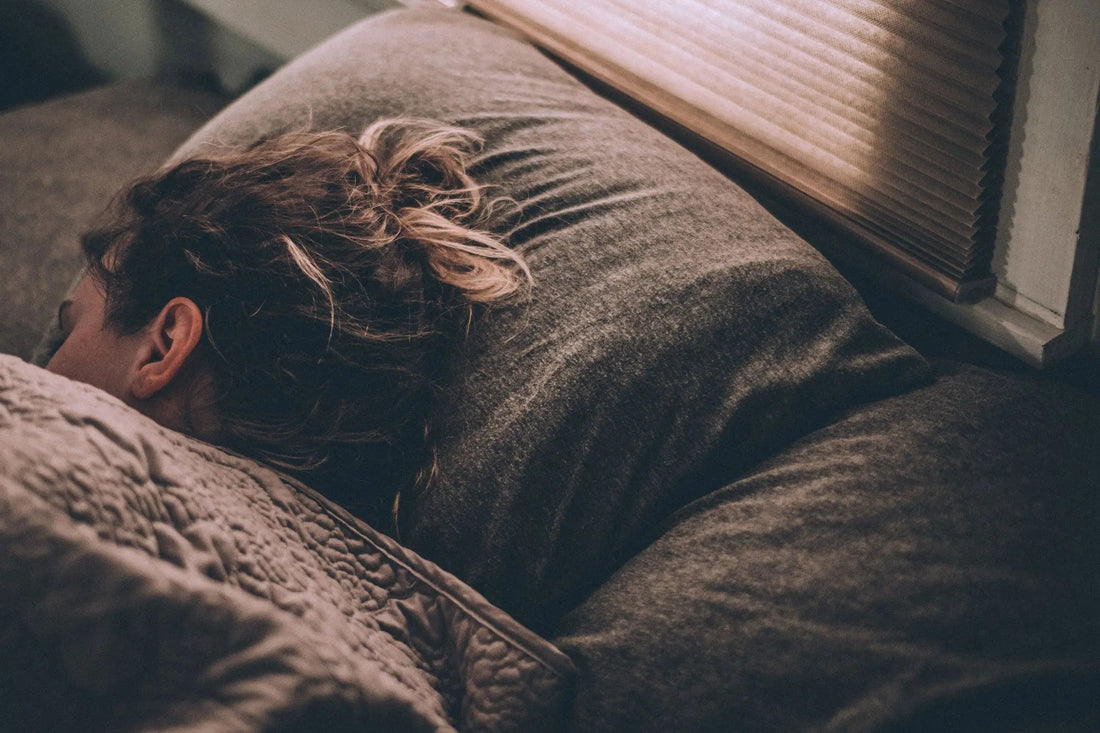
2. Relaxation, Stress Reduction & Sleep Improvement
Relaxation and stress reduction are perhaps the responses most associated with sauna use; they are certainly the most cited reasons sauna bathers give for why they choose to sauna [1]. Not only does their reduction during sauna bathing create pleasant effects in and of itself, but it also has a huge influence on overall physiological health.

Firstly, there are the immediate effects; the overwhelming feeling of calmness and mindfulness for the bather, as well as improved sleep and cognitive performance [2][3]. And although it is important to be aware of the potential for placebo effects and confounding factors when it comes to the effects and treatments of states as general as stress and relaxation, the overwhelming amount of experience and evidence supporting sauna’s effects cannot be overstated. After all, when asked what primarily occurs during sauna, 100% of 418 individuals included in a global sauna survey selected ‘relaxation’ as their main answer [1].
Then there are the more long-term effects. It has been well-documented over the years that persistently higher levels of stress can be linked to a higher risk of many chronic health issues, including cardiovascular disease, obesity, depression, and disorders of the immune system [4][5]. Fortunately, sauna bathing has been shown to create a number of physiological responses that actively combat stress, especially combined with the use of cold plunges. These responses – namely the release of endorphins and other naturally occurring opioid-like peptides, and the lowering of cortisol levels (the primary stress hormone) – have been attributed to numerous psychological and social interactions that occur within sauna activities [2][6]. It is these physiological responses which, over many years of repeated sauna use, have been consistently attributed to the fewer occurrences of many chronic health problems in sauna users.

Sleep quality and enhancement is another important effect of sauna bathing that was cited as a popular motivation for sauna use for those in the global sauna survey. When asked about their sleep quality, over 80% of respondents stated that their sleep quality was significantly improved as a direct result of sauna use [1]. These effects generally lasted for one to two nights post sauna bathing, and it is widely believed that whole-body cooling via sauna-induced peripheral vasodilation may be the cause, as body core temperature reduction has been found to have strong correlations with sleep onset [7]. The enhanced cardiovascular activity associated with sauna bathing is also believed to aid in the increase of perceived tiredness and contribute to these effects [1].
References
[1] Hussain, J, Greaves, R, and Cohen, M (2019) ‘A hot topic for health: Results of the Global Sauna Survey’ Complementary Therapies in Medicine (44) pp. 223-234. Available at: https://www.ncbi.nlm.nih.gov/
[2] Hussain, J and Cohen, M (2018) ‘Clinical Effects of Regular Dry Sauna Bathing: A Systematic Review’ Evidence-Based Complementary Alternative Medicine. 970 Available at: https://www.ncbi.nlm.nih.gov/pubmed/29849692
[3] Cernych, M, Satas, A, and Brazaitis, M (2018) ‘Post-sauna recovery enhances brain neural network relaxation and improves cognitive economy in oddball tasks’ International Journal of Hypothermia 32(1) pp. 375-382. Available at: https://www.tandfonline.com/doi/full/10.1080/02656736.2018.1504992
[4] Schneiderman, N, Ironson, G, and Siegel, S (2005) ‘Stress and health: psychological, behavioural, and biological determinants’ Annual Review of Clinical Psychology (1) pp. 607-628. Available at: https://www.ncbi.nlm.nih.gov/pmc/articles/PMC2568977/
[5] Brindley, D and Rollan, Y (1989) ‘Possible connections between stress, diabetes obesity, hypertension, and altered lipoprotein metabolism that may result in atherosclerosis’. Clinical Science (77) pp. 453-461. Available at: https://www.ncbi.nlm.nih.gov/pubmed/2684477
[6] Laukkanen, T, Laukkanen, J, and Kunutsor, S (2018) ‘Sauna bathing and risk of psychotic disorders: a prospective cohort study’ Medical Principles and Practice 27(6) pp. 562-569. Available at: https://www.ncbi.nlm.nih.gov/pmc/articles/PMC6422146/
[7] Kräuchi, K and Wirz-Justice, A (2001) ‘Circadian clues to sleep onset mechanisms’ Neuropsychopharmacology 25(5) pp. 92-96. Available at: https://www.sciencedirect.com/science/article/pii/S0893133X01003153
---
3. Mental Health and Socialisation
Back to Sauna Health Introduction
